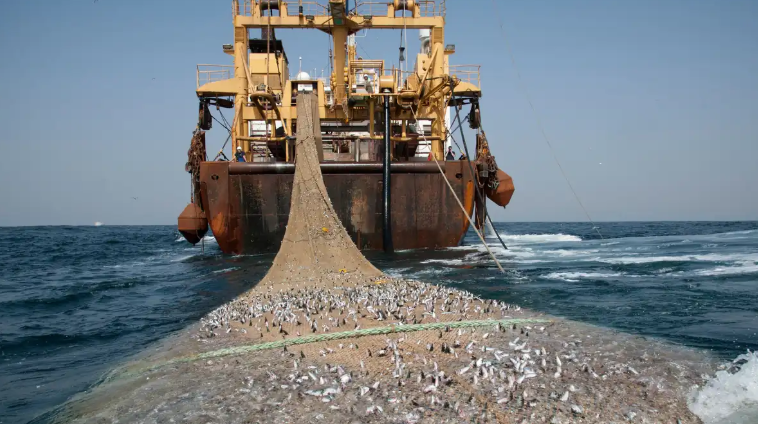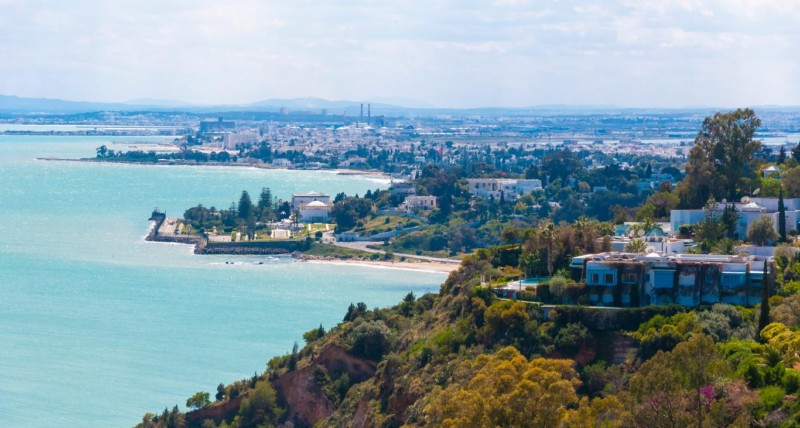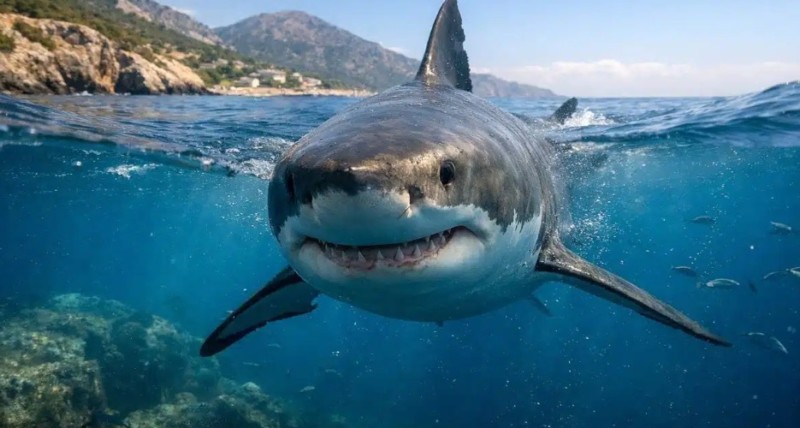On November 17, 2024, the implementing protocol of the fishing agreement between Senegal and the European Union expired without renewal. This decision marks a turning point in the country’s fisheries policy. Senegalese authorities chose not to extend this cooperation framework amid increasing pressure on fishery resources that is becoming unsustainable. While the state is not breaking away from international cooperation, it is prioritizing the preservation of its marine resources and better regulation of the sector. This movement reflects a dynamic of reclaiming control, reinforced by the desire to avoid the excesses observed in recent years along the coast, particularly linked to some processing factories operating at massive exploitation levels.
Marine Resources Diverted to Foreign Industrial Chains
Between 2020 and 2024, over 5,400 tons of fishmeal and fish oil produced on Senegal’s coasts were exported to Turkey, where they feed the aquaculture industry. Companies such as Kılıç Deniz and Agromey transform these marine derivatives into inputs for fish farming targeting the European market. This industrial capture coincided with a sharp drop in sardinella catches—an essential species in Senegalese household diets. Whereas the country used to catch over 100,000 tons of sardinella annually a decade ago, current volumes hover around 10,000 tons. In local markets, the price of keccax, a popular dried fish, has skyrocketed, making this once-common food unaffordable. The shortage is not due to a biological collapse but results from a massive diversion of the resource toward industrial circuits not intended for local consumption.
A Coastal Economy Weakened Despite Regulatory Efforts
The paradox is stark: artisanal fishing remains a cornerstone of the national economy—providing over 53,000 direct jobs and around 500,000 indirect jobs according to the FAO—but its survival conditions are deteriorating. The main cause is competition from industrial units located along the coast, which absorb the resources immediately upon landing.
In response, Senegalese authorities have stepped up measures: strengthening factory inspections, regulating authorized catch volumes, closing illegal or non-compliant sites, and freezing new permits for installations in sensitive areas. However, these efforts are often hampered by the lack of economic alternatives for fishermen, who remain dependent on industrial buyers to sell their catch.
Senegal appears to have learned from overexploitation. The termination of the partnership with the EU is not a retreat but an attempt to redefine its priorities: sovereignty over its resources and protection of coastal communities’ interests. However, as long as thousands of tons of marine proteins leave the country in the form of fishmeal to feed farmed fish abroad, the balance between trade and food security will remain fragile.
The issue is no longer about choosing between ecology and development but about designing smart ocean management where resources are neither sold off cheaply nor neglected.
Source: lanouvelletribune




